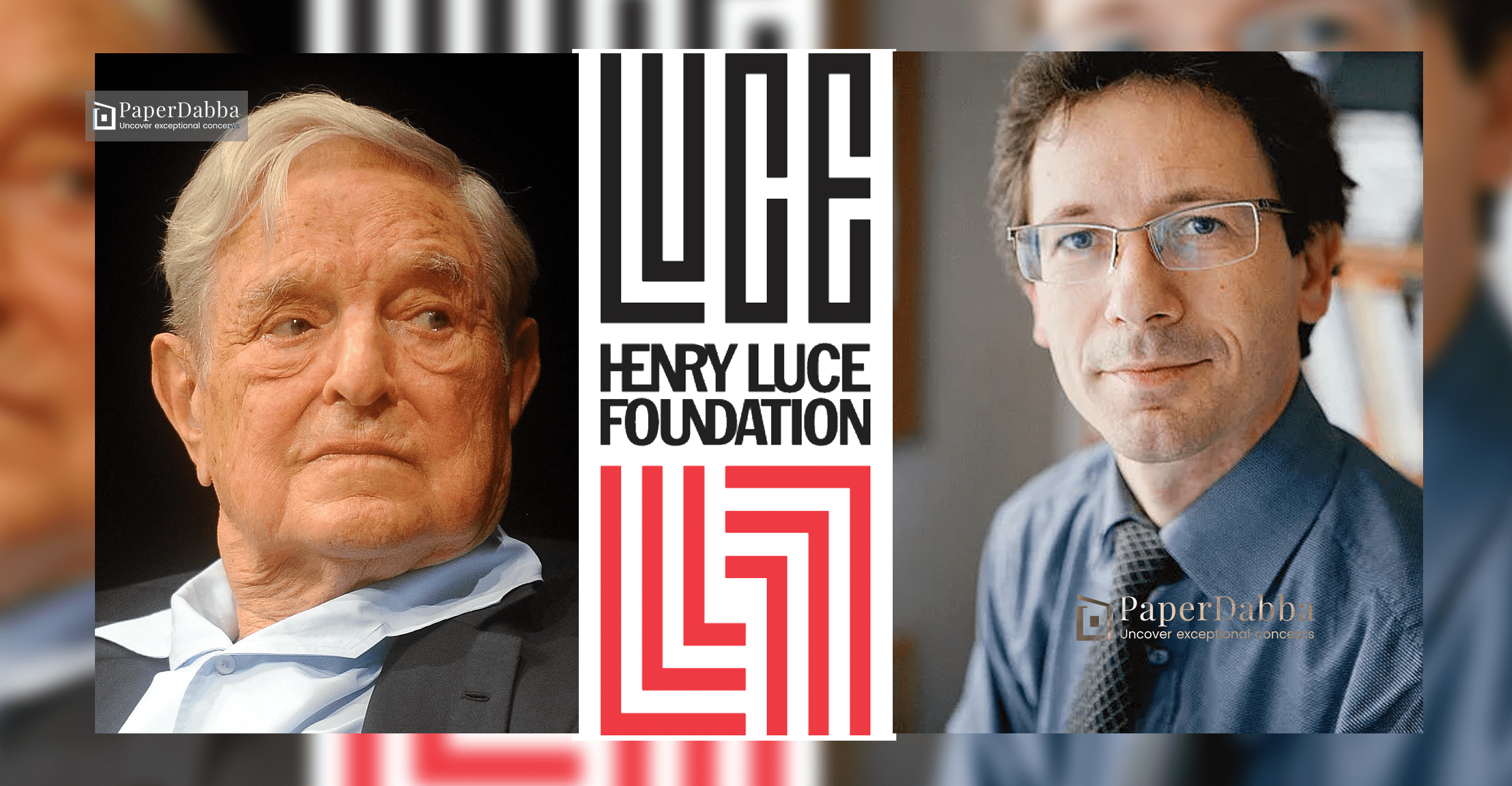The Disinfo Lab report reveals a deliberate attempt by Western organizations to create false narratives portraying the Modi government as anti-democratic. Their true motive is to hinder India’s growth as a financial superpower, maintaining the Western-dominated economic status quo. By funding biased research, influencing media narratives, and supporting local anti-government entities, these organizations seek to destabilize India’s political landscape and prevent it from achieving its full potential on the global stage.
Election Interference: A Historical Perspective
Election interference is as old as elections themselves, gaining prominence when those adept at manipulation faced its repercussions. Historically, interference flows from powerful entities to weaker ones. The powerful may sometimes allow interference if it serves a higher purpose, such as addressing a perceived threat.
This report focuses on narrative building during elections, highlighting how ideas can influence public opinion, especially when made to appear indigenous. The 2024 Indian general elections, with over 968 million eligible voters, were significant for India and global democracy. India’s rise as a regional power with significant geopolitical importance made these elections globally relevant.
As India grows as an economic and strategic power, the role of the media in setting narratives during elections becomes crucial. Unfortunately, while millions of Indians were voting, a section of global media and academia orchestrated a well-funded plan to influence their decisions. This plan involved extensive coverage, attacking everything from Indian institutions to climate conditions during elections.
A coordinated effort, particularly from French media, prominently featured Christophe Jaffrelot. His narratives were used extensively in Western and Indian media to shape public opinion. Common funding sources, such as the Henry Luce Foundation and George Soros’s Open Society Foundation, connected various individuals and organizations in this influence campaign. These groups introduced terms like ‘Declining Democracy in India,’ ‘Hindu Majoritarianism,’ and ‘Fascism’ into mainstream discourse, affecting global perceptions of India.
Fabricating Anti-Democracy Narratives
- Misrepresentation of Modi’s Governance: Western organizations have systematically portrayed Prime Minister Narendra Modi’s governance as authoritarian and anti-democratic. This narrative has been disseminated through influential media outlets and research projects funded by these organizations. Reports and articles often highlight issues like alleged human rights violations and religious intolerance, creating a skewed image of the Modi administration. However, many of these claims are exaggerated or taken out of context to serve a specific agenda.
- Leveraging Prominent Figures: Individuals like Christophe Jaffrelot have played a central role in this campaign. Jaffrelot has extensively written about caste dynamics and supposed upper-caste dominance within the BJP, aiming to create societal rifts and undermine the party’s legitimacy. His work, heavily funded by Western foundations, has been strategically used to fuel domestic and international criticism of the Modi government. Jaffrelot also promoted the idea of a caste census in India, which was included in the Congress party’s manifesto, further fueling public discourse and division during the election season.
The Real Motive: Hindering India’s Financial Ascent
- Economic Independence and Strategic Policies: Under Modi’s leadership, India has pursued policies that emphasize economic independence and strategic autonomy, often diverging from Western economic and geopolitical interests. India’s balanced approach towards global superpowers, including its relationships with Russia and China, has been particularly concerning for Western entities that prefer a more aligned India. By destabilizing the Modi government, these organizations aim to install a regime more compliant with Western economic policies and strategic interests.
- Suppressing a Growing Superpower: India’s rapid economic growth and increasing influence on the global stage threaten the established economic order dominated by Western nations. By portraying the Modi government as anti-democratic, these organizations seek to undermine investor confidence and international cooperation with India. This, in turn, hampers India’s potential to grow into a financial superpower that could rival Western economies.
Tactical Execution of the Campaign
- Funding Biased Research and Media: Western foundations have allocated substantial funds to research projects and media campaigns that support their narrative. For example, the HLF funded Jaffrelot’s project on “Muslims in a Time of Hindu Majoritarianism” with $385,000, aiming to present India as intolerant and divided. Similarly, media outlets have received support for publishing content critical of the Modi government, ensuring widespread dissemination of these biased perspectives. The HLF also supported other projects, such as the Berkley Center for Religion, Peace, and World Affairs at Georgetown University, which undertook “The Hindu Right and India’s Religious Diplomacy.”
- Support for Local Anti-Government Entities: By channelling funds to local NGOs, activists, and think tanks that oppose the Modi government, these Western organizations amplify their influence. These entities are instrumental in organizing protests, conducting awareness campaigns, and mobilizing public opinion against the BJP. This grassroots-level interference creates internal instability and weakens the government’s standing domestically and internationally. For instance, Patel’s organization, Avaaz Foundation, received millions of dollars from the OSF, and his later involvement with “Friends of Democracy” aimed to fight against the ruling BJP by spreading false narratives about India’s policies and actions.









